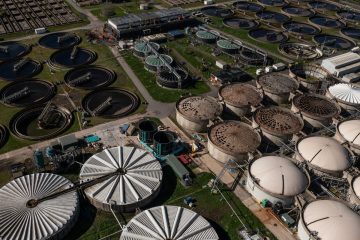The Role and Impact of Childcare in Today’s Society

Introduction
Childcare plays a crucial role in the development of children and the support of working families. As society evolves, the demand for quality childcare services increases, reflecting the changing dynamics of family structures and parental responsibilities. This article explores the significance of childcare, its current trends, and its impact on the future of children and families.
The Current Landscape of Childcare
Recent studies have highlighted the increasing importance of professional childcare services. According to the Office for National Statistics, the number of children under the age of five in the UK is expected to rise by 10% by 2025. This demographic shift has led to a greater demand for childcare facilities to accommodate working parents and guardians, especially as more households rely on dual incomes.
Quality and Accessibility
Quality childcare is often associated with better social, cognitive, and emotional outcomes for children. A report from the Education Policy Institute suggests that children who attend high-quality early years settings are more likely to perform better in primary school. However, accessibility remains a significant challenge, with many families facing long waiting lists and high costs for quality services. The government has been urged to increase funding and support for childcare initiatives to address these issues.
Government Initiatives
In response to the growing demand for childcare services, the UK government has implemented several initiatives aimed at increasing accessibility and affordability. The introduction of the 30 hours free childcare scheme for working parents of three- and four-year-olds has been a significant step. This scheme allows parents to access more affordable childcare, enabling them to return to work or pursue education without the financial burden of childcare costs.
Impact on Families
The importance of childcare extends beyond developmental benefits; it also significantly affects family dynamics and economic stability. Reliable childcare allows parents to engage in the workforce, contributing to family income and economic growth. A study by the Family and Childcare Trust indicates that access to affordable childcare has led to an increase in women’s participation in the labor force, promoting gender equality in the workplace.
Conclusion
In conclusion, childcare is an essential component of modern society that supports the holistic development of children while enabling parents to balance work and family life. As the demand for quality childcare grows, it is vital that policymakers continue to address accessibility, affordability, and quality to ensure that all families can benefit from these crucial services. Looking ahead, investment in childcare will not only shape the future of the next generation but also contribute significantly to the social and economic fabric of the nation.









